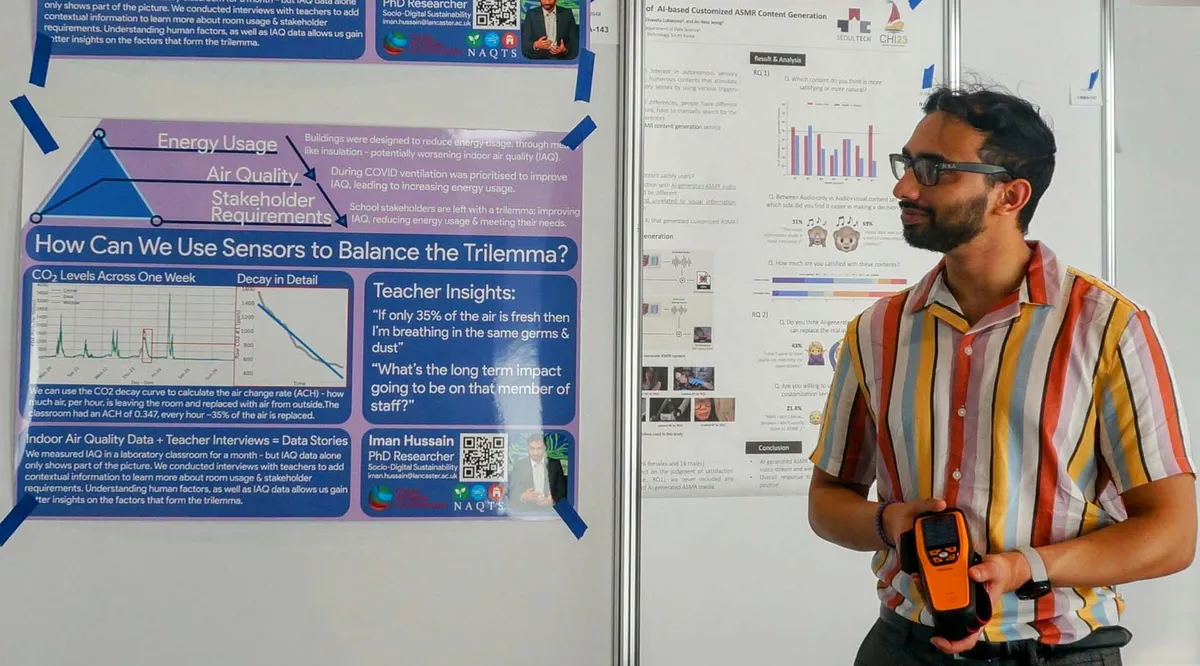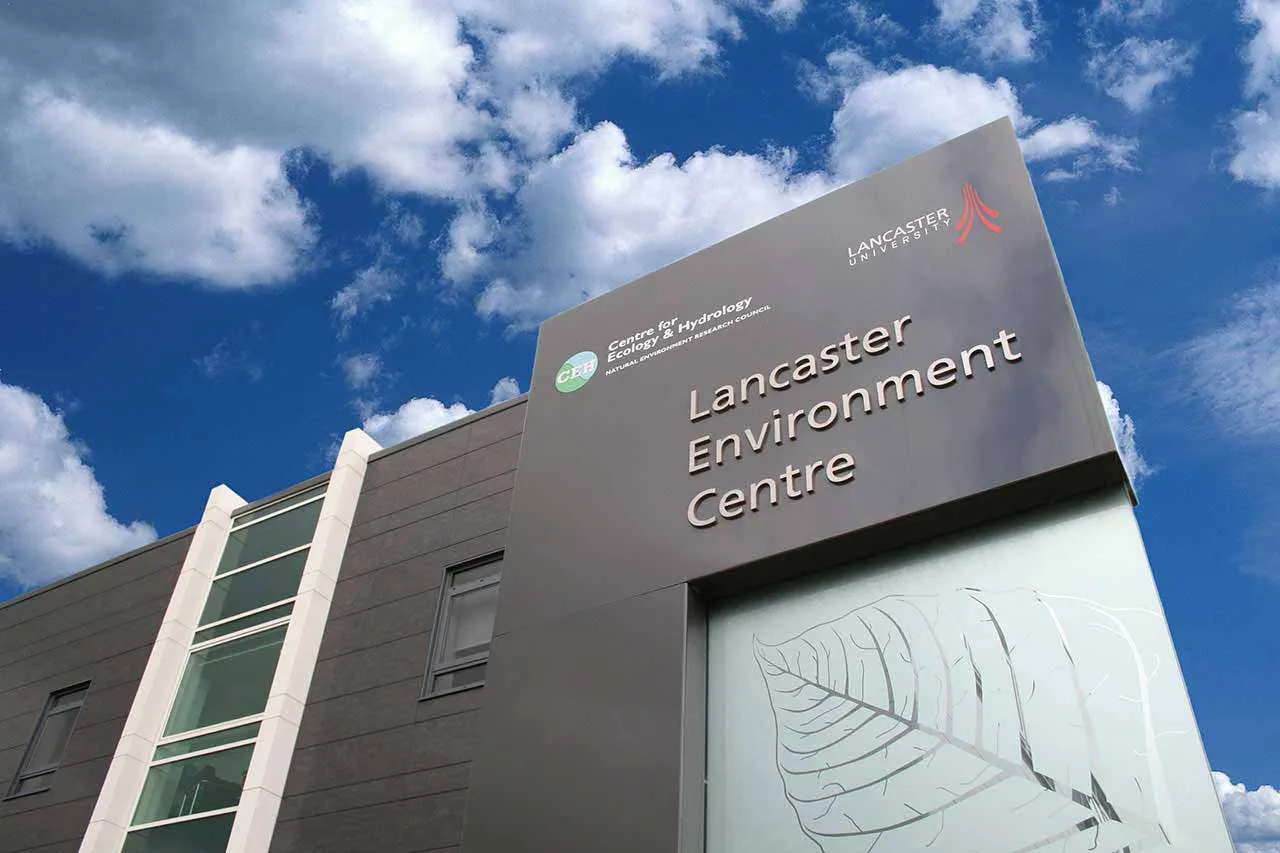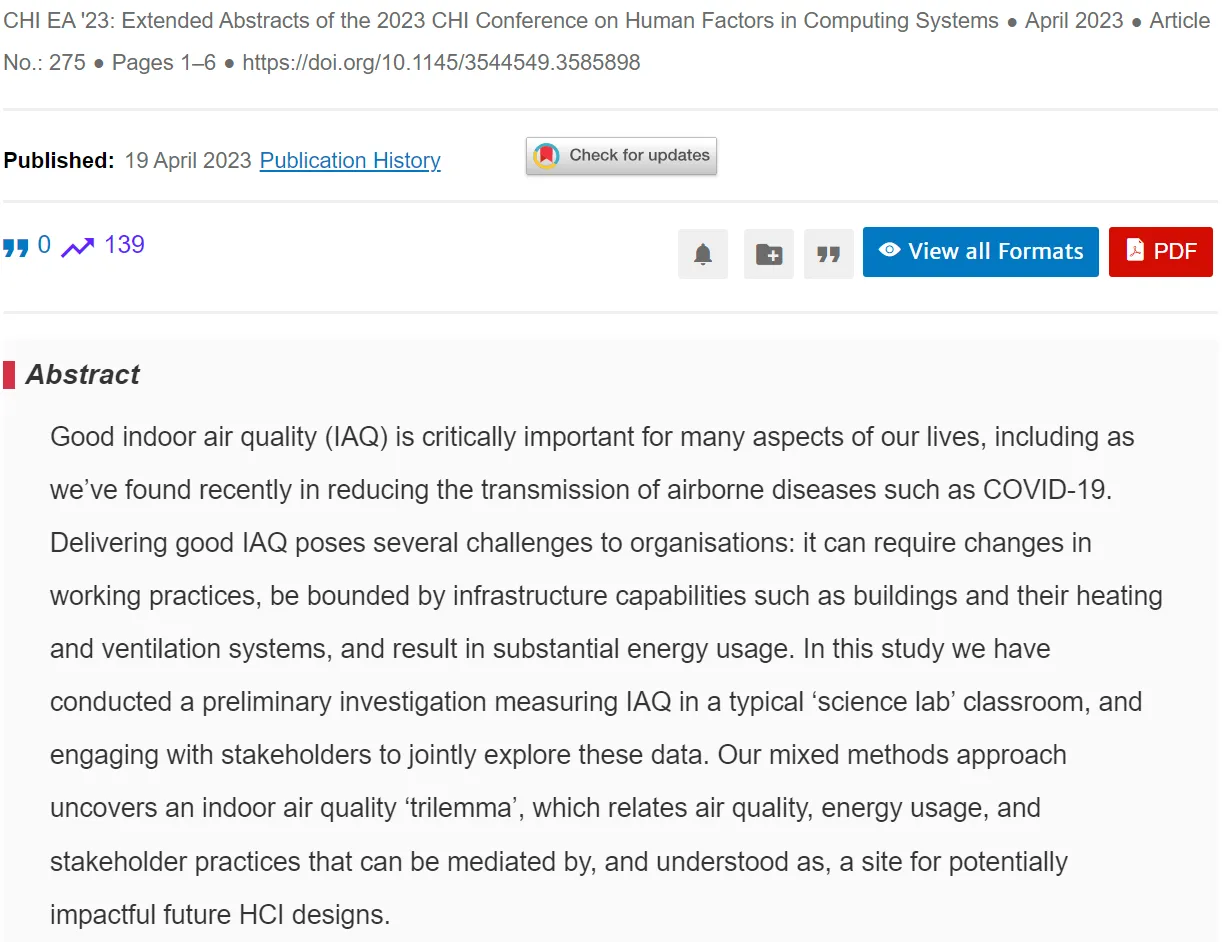
My PhD research at Lancaster University, in partnership with the Centre for Global Eco-Innovation (CGE) and the National Air Quality Testing Service (NAQTS), has been a deep dive into the multifaceted challenges of indoor air quality (IAQ).

This project started during the Covid-19 pandemic, where the importance of indoor air quality was highlighted. It was well known that CO2 has a negative affect on concentration and attainment - particularly relevant to children and young people.
During Covid-19 this message was emphasised and then complicated post-Covid there was the energy crisis, with a sudden surge in energy prices due to geopolitical factors as well as rising concerns on carbon footprint and commitments to net-zero. All of this was underpinned by the real world constraints in school classrooms, such as older building stock, growing class sizes and challenges in funding.
My project quickly evolved in balancing these three stimuli - the need for good air quality, the requirement for low energy usage and low carbon emissions as well as stakeholder requirements.
The research focused on working with 6 schools across the North-West of England, 12 classrooms and over 20 stakeholders. Alongside NAQTS I developed IAQ monitors and collected data from classrooms, which when combined with stakeholder interviews added context - turning the raw data into stories.
As part of my research, I became involved with the TAPAS network, a group of stakeholders dedicated to improving IAQ in schools. In April 2020, I had the opportunity to present my early research, including data from classrooms partnered with NAQTS, to this network.
My work was published in ACM SIGCHI ‘23 conference, titled “The Indoor Air Quality Trilemma.” This paper explores the delicate balance between improving air quality, reducing energy consumption, and meeting the needs of all stakeholders within a school environment.
As part of the submission, I was honoured to present my work to an international audience of thousands at CHI’s prestigious poster session in April 2023, where I answered questions on my research into IAQ and the constraints found within British classrooms.

This research was co-authored by my supervisor, Adrian Friday (Lancaster University), and my industry partner, Douglas Booker (NAQTS), and was funded by ECO-I NW, an EU initiative.